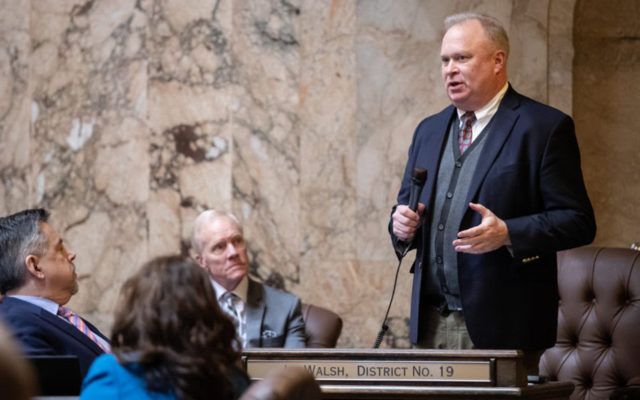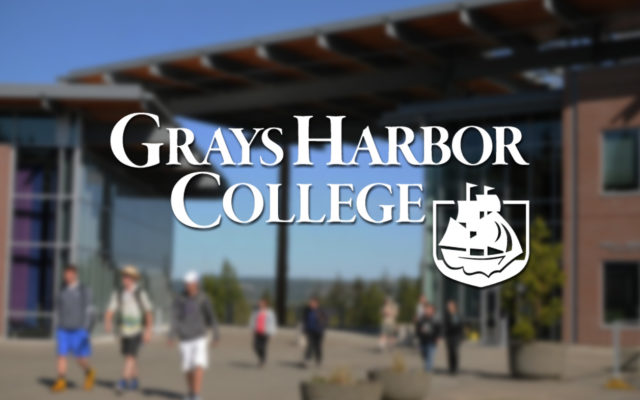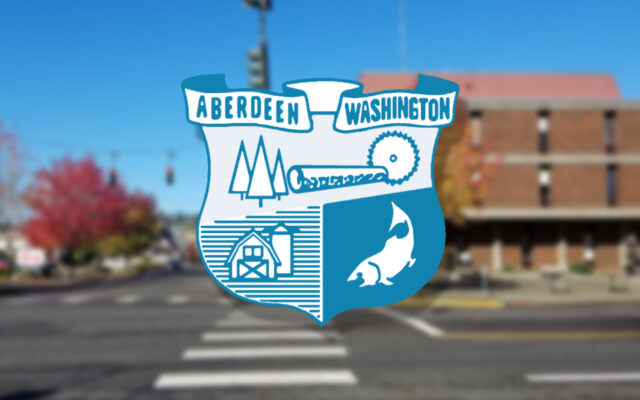Walsh’s provisos seek to fund fish culvert removal and address fallout from recent drug possession ruling

Olympia, WA – Washington State budget analysts have estimated the latest federal stimulus package will bring more than $15 billion to Washington state.
Allocations will include direct relief payments to individuals, aid to school districts and local governments, and an estimated $5 billion to be spent at the state’s discretion.
19th District State Rep. Jim Walsh has authored provisos to the state’s operating budget that offer two primary ways to use federal funding for the short- and long-term benefits for the state.
“The critical thing here is that we need to use the federal money for onetime expenses,” Walsh says. “That means spending the money on things like capital-asset construction projects and extraordinary expenses. Not ongoing operations or programs, that create a bow wave of obligations in the future.”
Walsh’s proposal includes two projects:
-Direct funding for the state’s court-ordered program of replacing culverts and other obstacles to fish passage in streams and creeks in western Washington. This court-ordered program results from a lawsuit brought by a group of Native American tribes. The federal court hearing the case ruled the state must replace blocked culverts and has estimated the cost of around $3 billion.
“This order has been hanging over Olympia’s head, fiscally, for several years. A onetime allocation of federal stimulus dollars to the program could resolve it once and for all. And that would free up state monies to go to other important uses,” said Walsh.
-$100 million in one-time grants to county courts and other courts around the state. This funding would help Washington’s courts and judges manage the fallout from the Washington State Supreme Court’s recent Blake v. Washington opinion.
“The court’s decision gutted our state’s drug-possession laws and will probably result in a wave of motions and appeals from people currently or formerly in prison on drug-possession charges,” continued Walsh.
Walsh also notes that budget provisos can be debated and developed during the last weeks of the session.
“The details can be negotiated, and with budget matters-they usually are. The important thing to keep in mind is both programs meet the best-use standard of one-time federal stimulus money. They address specific, non-recurring needs. They don’t create ongoing fiscal obligations. These provisos will get old business off of the state’s books and free up regular state tax revenues to be spent on other critical projects. In the last weeks of the session, I’m going to devote my time and energy to convincing my colleagues to join me in this approach,” Walsh concludes.
The 105-day remote 2021 legislative session is scheduled to end April 25.
You Might Also Like



